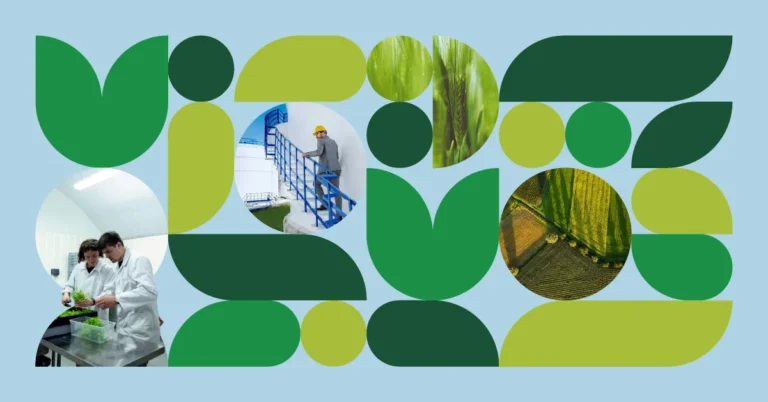In a move that will further boost Lithuania’s growing potential for cutting edge scientific research and development, Vilnius University (VU) is opening two state of the art research centres this spring. And to mark the opening of these facilities, the University will host an interactive exhibition from CERN, the European Organisation for Nuclear Research, in one of the new centres.
On March 15th VU’s Joint Life Science Centre (JGMC) and the National Centre of Physical and Technology Sciences (NFTMC) will open their doors. For the University’s principal, Professor Artūras Žukauskas, these centres will play a key role in the ongoing interaction and collaboration between scientific research, higher education and business that is already flourishing in Lithuania. “These advanced science centres will not only renew the research base of our state, but will also provide extensive opportunities for effective cooperation between science and business,” explained Professor Žukauskas. “The scientific and technological infrastructure in these centres will be made accessible not only to academic researchers, but also to businesses.”
The VU Principal also believes the centres will be important in attracting top research talent to Lithuania, including members of the Lithuanian diaspora abroad. “The centres will implement studies and other programmes which will help Lithuania to encourage the return of talented researchers presently working abroad,” he said.
Supported by the Universities’ Biology department, and by its Biochemistry and Biotechnology institutes, the JGMC will be a bespoke centre for advanced research in fields including biotechnology, biochemistry, genetics and molecular biology and medicine. Another core function of the centre will be the development of new technologies in these fields. That’s why the JGMC is expected to play a key role in attracting foreign direct investors in life sciences to Lithuania. Strong connections to the business community will be further enhanced through a bio-incubator, which will allow companies to conduct their own research using the centre’s facilities.
The NFTMC will integrate the many strands of physical and technology sciences in Vilnius under one roof, bringing together the current Centre for Physical Sciences and Technology, plus VU’s Physics Faculty and part of its Chemistry Faculty, and the university’s institutes of Applied Sciences and Theoretical Physics and Astronomy. Principal research fields at the centre will include lasers, light technology, material research, nanotechnology, semi-conductor physics and electronics.
At 27,000 square meters and boasting 46 laboratories plus a wide range of associated infrastructure, the NFTMC will be the largest and newest facility for research into physical sciences, chemistry and technologies in Lithuania. It will be able to accommodate 700 researchers and students, and its facilities will be open to businesses in these fields.
The NFTMC will celebrate its opening with a (big) bang, by hosting CERN’s “Accelerating Science” exhibition. The five different sections of the travelling exhibition allow visitors to discover the secrets of the universe through particle physics and the work of CERN, one of the world’s largest and most important scientific research organisations. From the NFTMC’s opening in March until 15th July, Vilnius residents and visitors will be able to find out how CERN obtains information on mysterious dark matter and what exactly the ‘Higgs Boson’ is.












